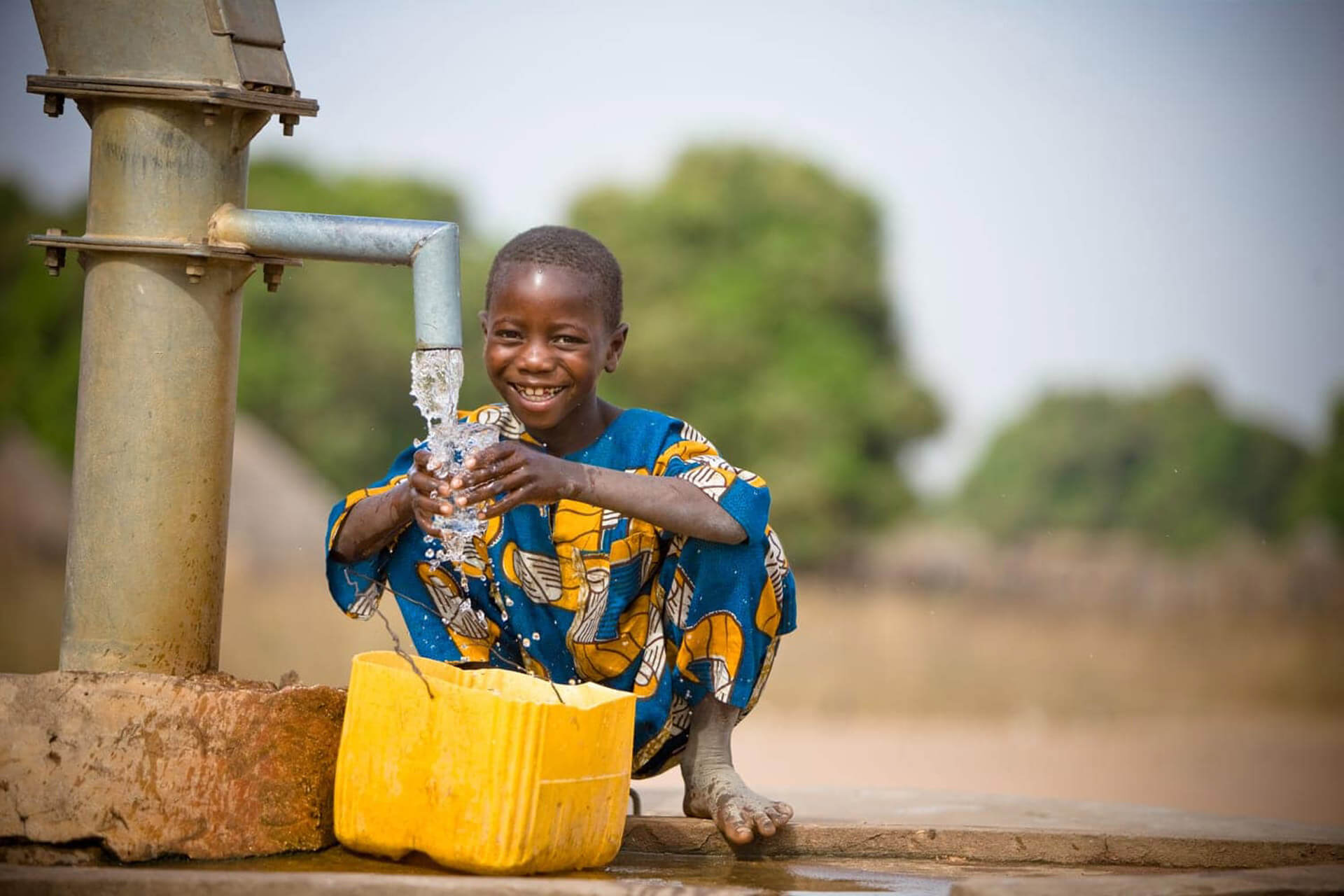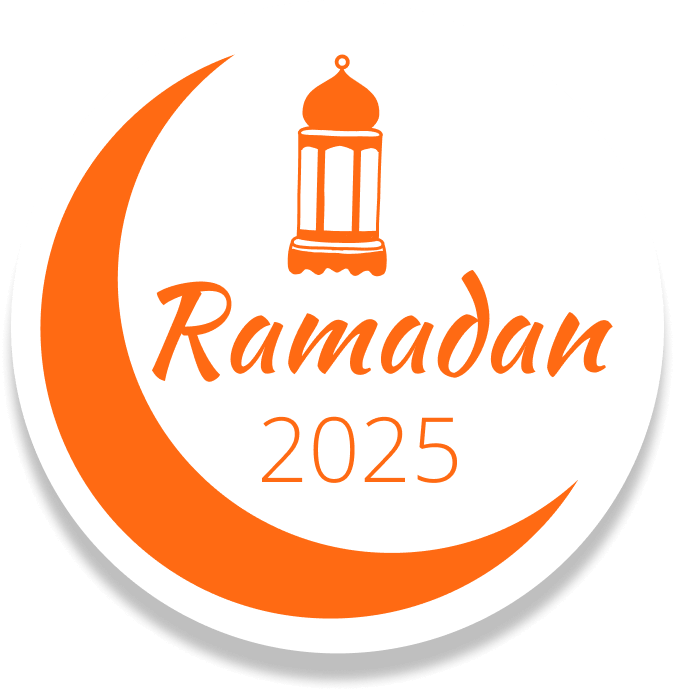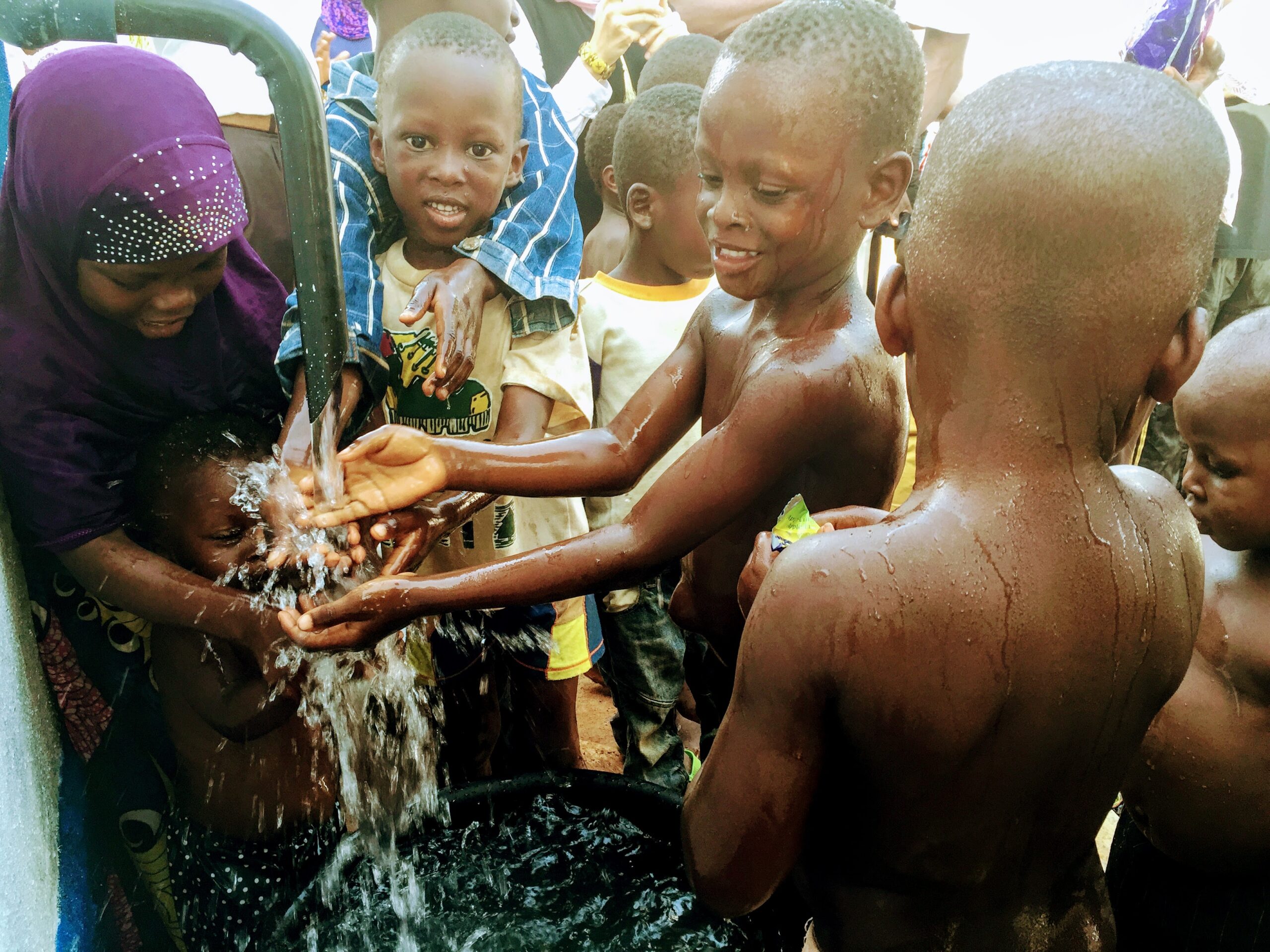There is currently a major water crisis in Africa, particularly in the sub-Saharan region where millions of people lack access to clean water. Many reasons abound for this—such as extreme poverty, natural disasters contaminating water, lack of physical clean water reserves, etc.—but the bottom line is the same: Africa is in need of clean water, and this greatly negatively impacts the region. For example…
The Effects of Lack of Access to Clean Water
- Due to lack of access to clean water, millions of people in sub-Saharan Africa spend up to six hours hours every single day collecting unsafe water from lakes, rivers, and ponds. This causes them to become infected with waterborne illnesses—such as cholera and typhoid fever—that can either result in death or make them too sick to work or pursue an education. Even just spending all that time obtaining water exposes them to highly dangerous weather conditions and steals valuable time they could be using to work or pursue an education. This in turn perpetuates extreme poverty in Africa.
- This practice of collecting unsafe water affects children, too, as they also consume this water. In fact, every two minutes a child dies from a water-borne disease, diarrhea being one of the top three leading causes and is due to consuming unsanitary water.
- A lack of access to safe water and sanitation significantly affects the health of women as well, as women and girls are often the ones delegated to spending the time every day carrying heavy water vessels for long distances. This in and of itself causes great physical strain that impacts their health and even their unborn child’s if they happen to be pregnant. Plus, it also steals time they could be using to work or pursue an education, further contributing to both extreme poverty and gender inequality in the region.
- Lack of access to clean water also creates conflicts—sometimes even violent ones—between countries in Africa and within countries, as they fight over the fresh reserves. In addition, it creates social disparities within communities, such as social classes, gender, etc.
- Access to clean water allows people to wash their hands with both water and soap, further combating waterborne diseases and all kinds of illnesses.
- With clean water, agriculture can blossom, as people can water crops and livestock. This allows them to diversify their incomes, too.
How Embrace Relief Combats Water Pollution in Africa
Fortunately, Africa houses a substantial amount of clean water underground, possibly 20 times more than the 8,000 miles of visible water in its lakes and ponds. Therefore, Embrace Relief has decided to both build and reconstruct currently non-operational water wells.
What We Have Accomplished
Since 2013, Embrace Relief has built 409 Africa water wells throughout sub-Saharan Africa, supplying clean water to 400,000 people on a daily basis. Our top three Clean Water Project locations so far are:
- Chad Clean Water
- Nigeria Clean Water
- Cameroon Clean Water
We plan on building and refurbishing hundreds more wells throughout the region, too. So, please consider donating today (or starting your own Water Well for Africa project) so thousands of vulnerable people in Africa not only survive, but thrive and lift their communities out of poverty. Together, we can drastically reduce water scarcity in Africa!

Donate For Clean Water
**if you choose to donate $1,300, you will ensure the reconstruction of a water well – in your name (or any name you wish!) in Africa






















